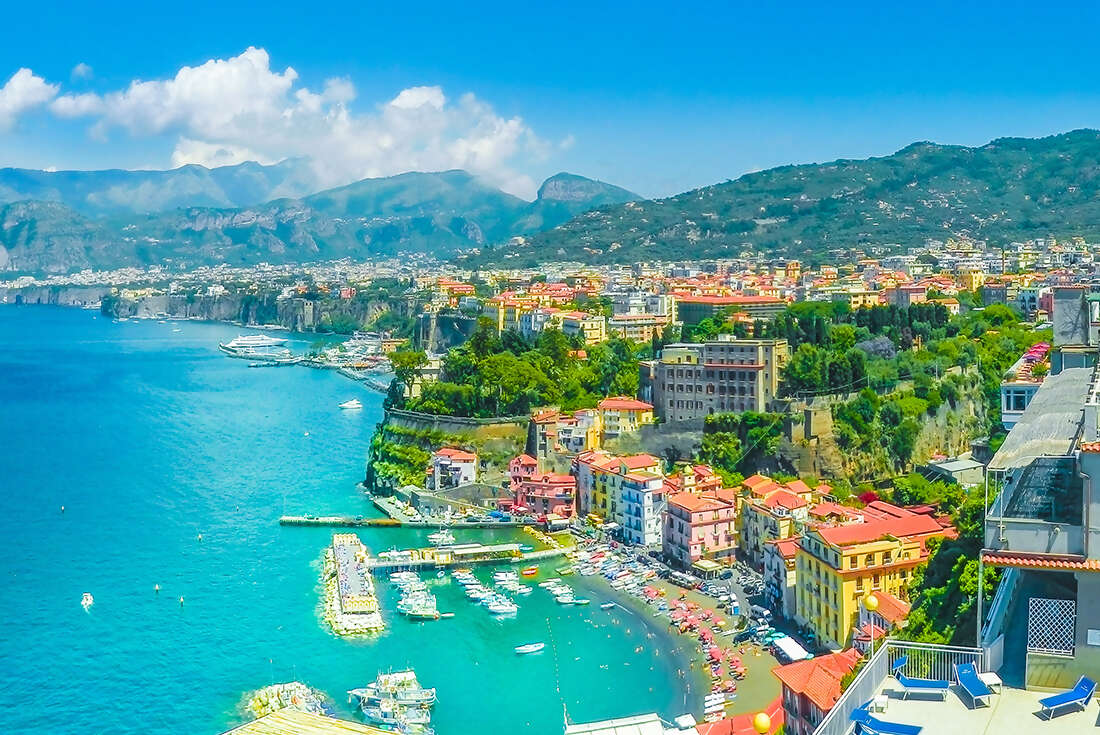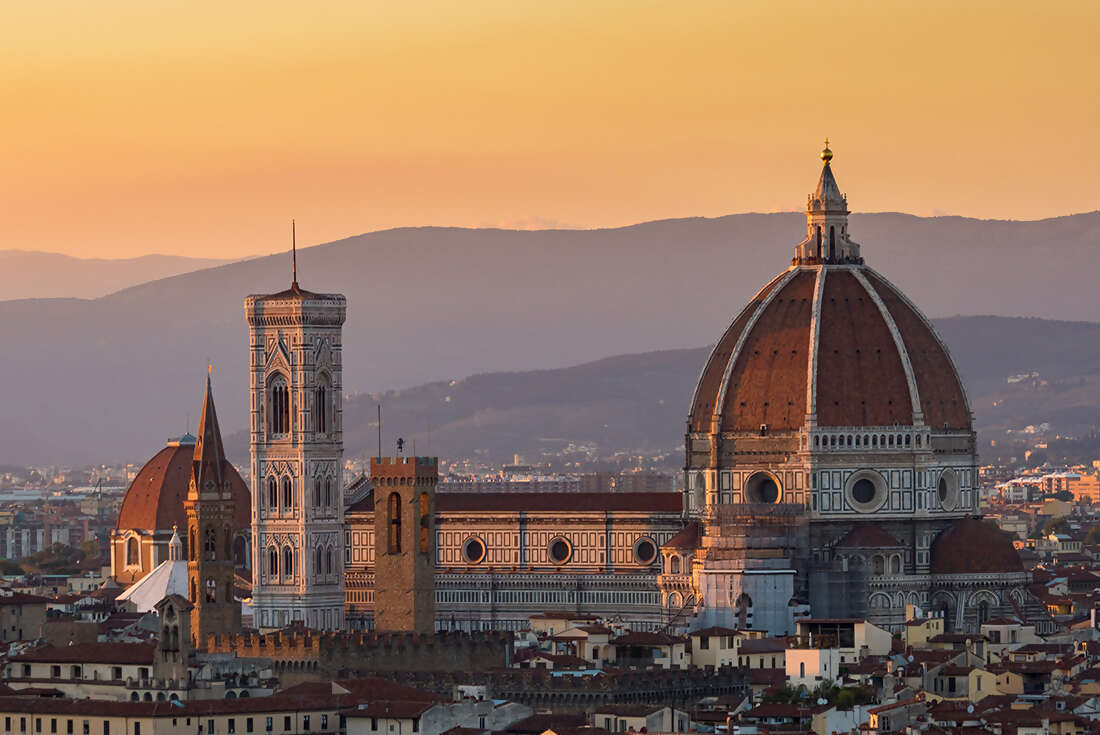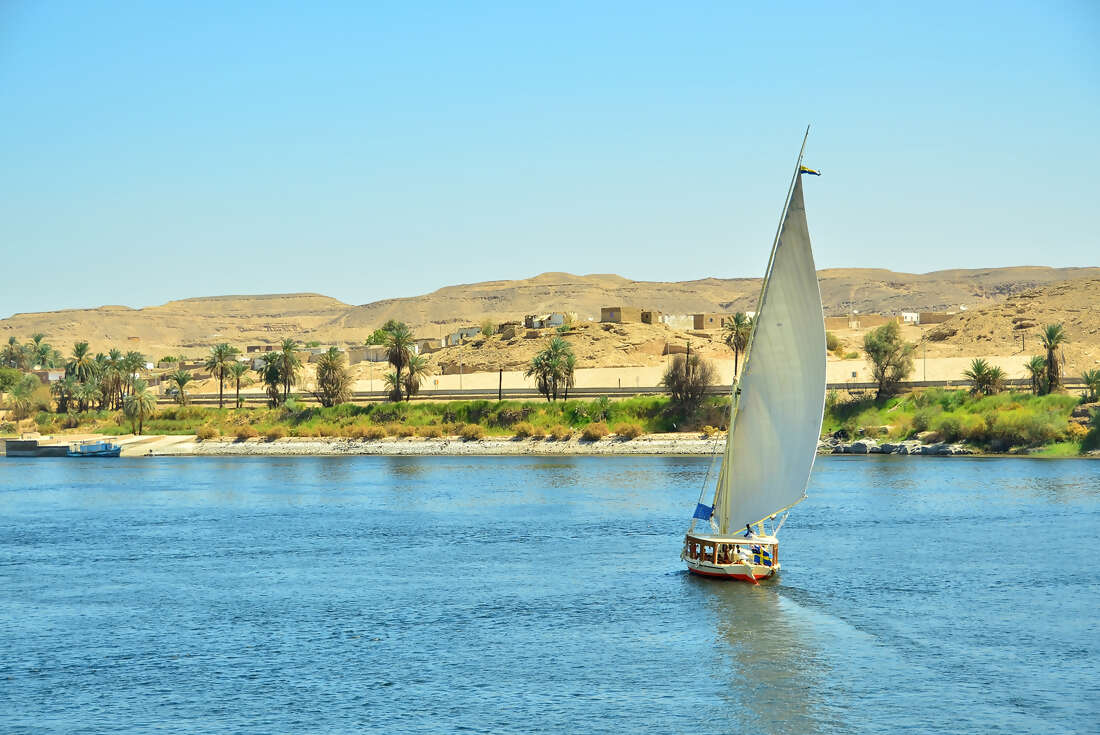 It’s the most wonderful time of year, particularly when its set in some of Central Europe’s prettiest and most historic cities. Get in the Christmas spirit exploring festive markets in cities decorated in full Christmas splendour, browsing local handicrafts from traditional wooden stalls, sampling delicious regional specialties and taking in endless winter scenes along the way. Indulge your senses in intoxicating Budapest, browse Austrian handicrafts hopping between Graz’s 14 charming markets, and be immersed in spectacular winter scenery in Ljubljana and fairy-tale like Lake Bled. Finish up in Zagreb, which transforms into a magical illuminated wonderland for its month-long Advent festival.
It’s the most wonderful time of year, particularly when its set in some of Central Europe’s prettiest and most historic cities. Get in the Christmas spirit exploring festive markets in cities decorated in full Christmas splendour, browsing local handicrafts from traditional wooden stalls, sampling delicious regional specialties and taking in endless winter scenes along the way. Indulge your senses in intoxicating Budapest, browse Austrian handicrafts hopping between Graz’s 14 charming markets, and be immersed in spectacular winter scenery in Ljubljana and fairy-tale like Lake Bled. Finish up in Zagreb, which transforms into a magical illuminated wonderland for its month-long Advent festival. Highlights
This trip takes you to a variety of Christmas markets across central Europe. Contrast the various traditions, cuisines and of course, mulled wine, in several amazing cities.
Hungary’s intoxicating capital becomes even more magical when draped in fairy-lights and dusted with snow at Christmastime. Try delicious local specialties like chimney cakes and potato dumplings at its main market at Vorosmarty Square.
Why settle for one Christmas market when you could have 14? Visit Graz’s main market at Hauptplatz Square, then make your way through as many as you wish.
Bled’s fairy tale-like scenery – which includes an 11th-century cliff-top castle, a stunning lake and a picturesque island topped with a church – is a dream to explore. See it for yourself.
Zagreb transforms into a glorious illuminated winter wonderland during its month-long Advent Festival. Spend two days savouring the sights, taking in acres of fairy-lights, huge Christmas trees, nativity scenes, ice-rinks, mulled wine stalls and igloo-shaped rakija (a potent local drop) bars.





- You will visit the following places:
-

Budapest
Budapest is the capital of Hungary. As the largest city of Hungary, it serves as the country's principal political, cultural, commercial, industrial, and transportation centre. In 2010, Budapest had 1,721,556 inhabitants, down from its 1980 peak of 2.06 million. The Budapest Commuter Area is home to 3,271,110 people. The city covers an area of 525 square kilometres (202.7 sq mi) within the city limits. Budapest became a single city occupying both banks of the river Danube with a unification on 17 November 1873 of right (west)-bank Buda and Óbuda with left (east)-bank Pest. Budapest is one of Europe's most delightful and enjoyable cities. Due to its scenic setting and its architecture it is nicknamed "Paris of the East".
-

Graz
Graz is the second-largest city in Austria and has a long tradition as a "university town": its six universities have more than 44,000 students. Its "Old Town" is one of the best-preserved city centres in Central Europe. Politically and culturally, Graz was for centuries more important for Slovenes than Ljubljana, the capital of Slovenia, and still remains influential. In 1999, the city was added to the UNESCO list of World Cultural Heritage Sites, and the site was extended in 2010 by Schloss Eggenberg. Graz was sole Cultural Capital of Europe for 2003 and got the title of a City of Culinary Delights in 2008. Graz is also known for the Magna Steyr (formerly called Steyr-Daimler-Puch) automobile and truck manufacturing plant located there.